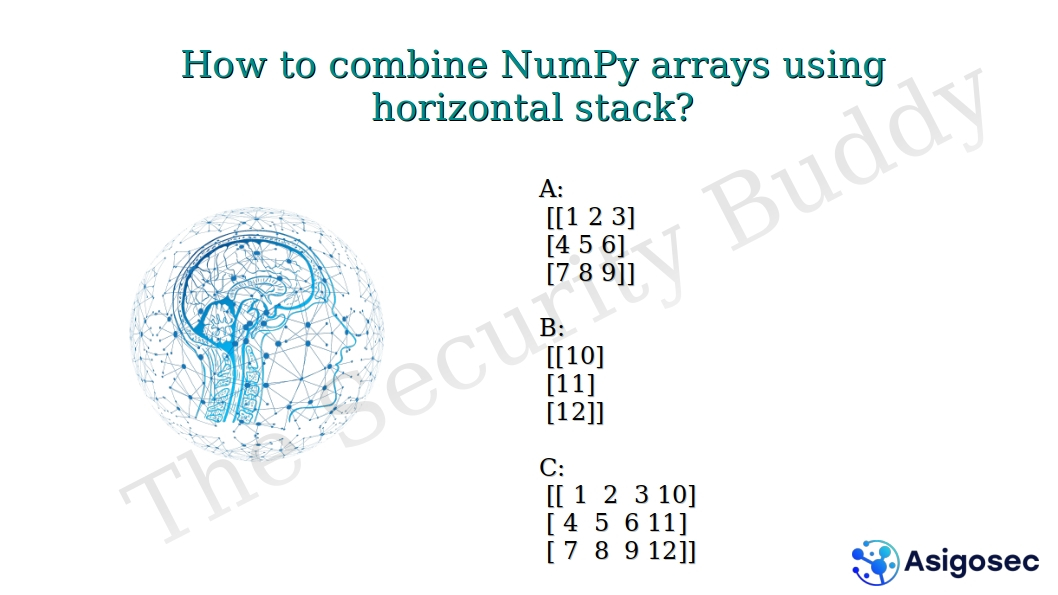bcrypt is a password hash function using which one can hash passwords. The bcrypt algorithm is based on Blowfish cipher and it incorporates a salt while hashing a password. Moreover, bcrypt is an adaptive function. It uses several iterations while hashing a password. And, the number of iterations can be increased to prevent brute-force attacks.
In Python, we can use the bcrypt module to hash a password using the bcrypt function.
import bcrypt password = "Password".encode() salt = bcrypt.gensalt() hashed_password = bcrypt.hashpw(password, salt) print(hashed_password)
Please note that the bcrypt.hashpw() function takes two arguments. It takes the password in bytes and the salt in bytes. We can encode a password string to generate bytes. And, we use bcrypt.gensalt() function to generate a salt securely.
The output of the above piece of code should look similar to the following:
b'$2b$12$Bt2cz/gwoYckaqj5Tq7OV.LwuW4RRFZCIwUVJarp.516RrHPCg4mO'
Here, the output is represented in bytes. The ‘$2b’ part indicates bcrypt algorithm version.
$12$ indicates 212 = 4096 iterations are used.
The next 16 bytes are represented using 22 base64 encoded characters and it specifies the salt.
The last 24 bytes are represented using 31 base64 encoded characters and it indicates the salted and hashed password.
I hope this helps. However, readers who want to know more about how different cryptographic algorithms work and how they are used in various secure network protocols can refer to the book “Cryptography And Public Key Infrastructure.”










































0 Comments